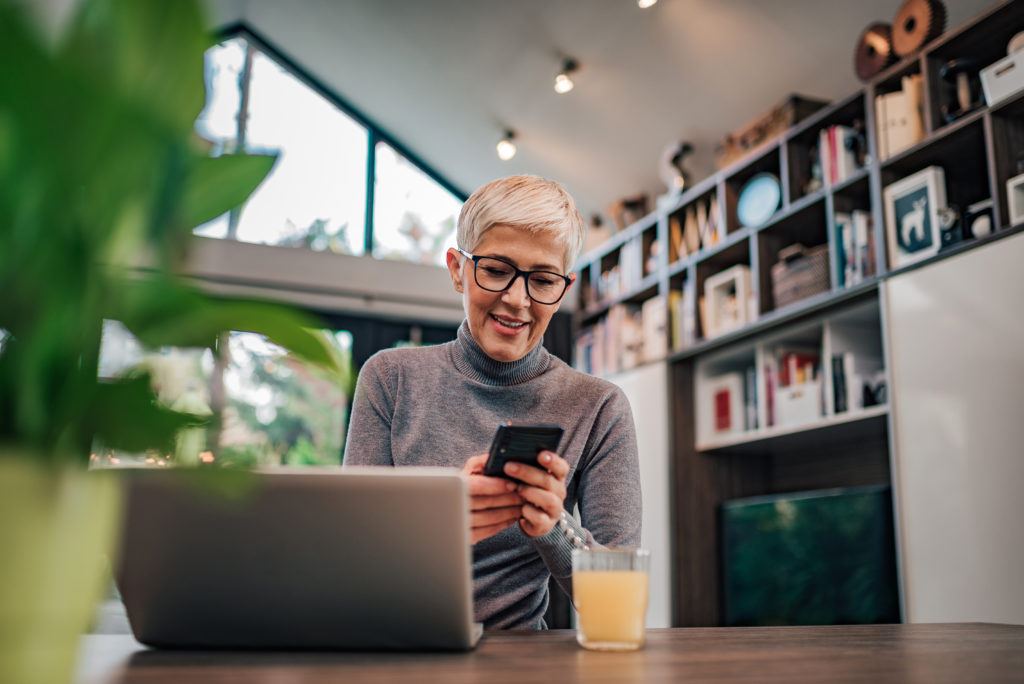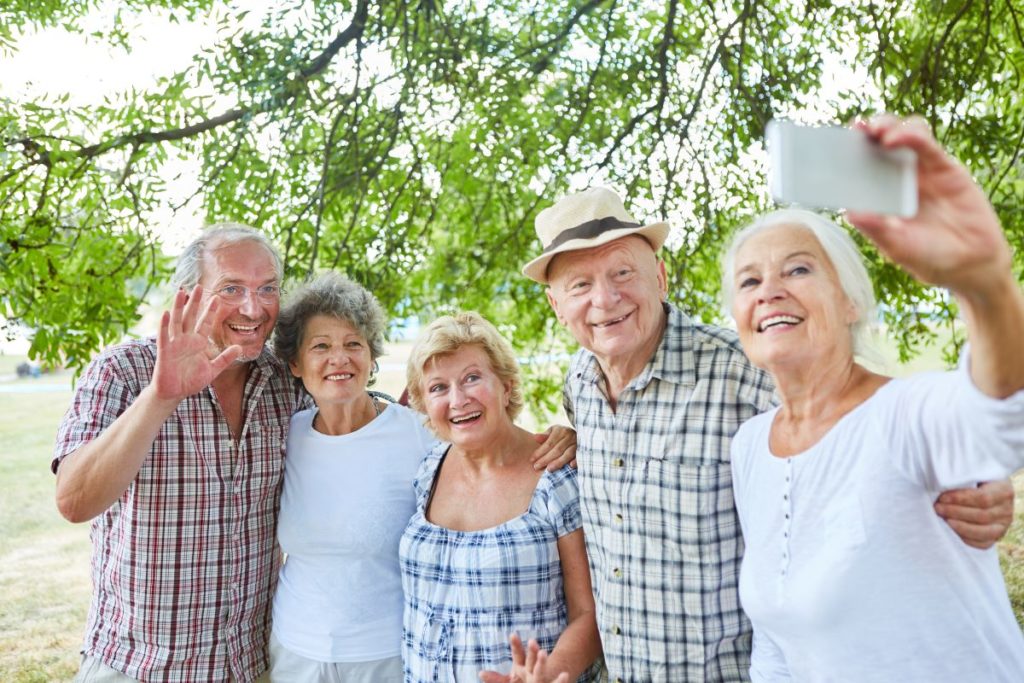Buying real estate: how to plan for your old age?
When it comes to buying real estate, as with all our choices, tastes and colors are not up for discussion. And so much the better! This allows atypical or even unusual housing to exist, sometimes luxurious and sometimes basic, of various shapes and made of various materials. However, there is a requirement that comes with the years and that we must take into account, at the risk of encountering difficulties in our daily lives: ensuring that we live in adapted housing when an advanced age limits our physical and even relational capacities. Here is a closer look at the good reflexes to adopt when such an acquisition is envisaged.

Avoiding multi-storey housing
This is a common sense thought that everyone can make. The first consequence of reaching an advanced age is that it becomes increasingly difficult to do gymnastics. Climbing stairs can, at some point, become an insurmountable obstacle.
A person who buys a property to spend his or her old age there will therefore prefer a single-storey home. However, the absence of a floor and an interior staircase is only one of the elements to consider: steps to access the house or a somewhat steep exterior walkway can become just as disabling. It is wise to choose a flat lot and a house built at approximately the same level as the ground.
Aim for proximity to shops
As travel becomes less easy as age advances, it can be beneficial to ensure that you live close to the most essential shops: bakery, pharmacy, butcher, delicatessen, etc. The most far-sighted will settle near a hospital in order to facilitate the various medical examinations which it is advisable to undergo as one ages.
Generally speaking, it is beneficial to avoid staying in an isolated home, especially if you are alone. In addition to safety, it will become increasingly difficult to get around, and driving will even be banned from a certain age – or when the loss of autonomy is noted.
It is therefore in a person’s best interest to buy a home in the city or in the suburbs, trying to find as many places as possible within a few hundred meters that correspond to his or her immediate or future needs.
Adapting the home to the loss of autonomy
If it is possible, buying a property that is already easily accessible in all its components is beneficial. Otherwise, it will be necessary to be able to plan for possible adaptations when age makes certain gestures of daily life problematic.
For example, the bathtub in the bathroom could be replaced by a shower, which is much easier to use for an elderly person. The stairs, if they cannot be avoided, can be equipped with a stairlift; count then a budget between 3 000 € and 9 000 € according to the size and the complexity of the route. The toilets can be raised and a grab bar can facilitate their use. Similarly, in empty rooms such as corridors or entrances, support bars fixed to the wall will help prevent falls.

Other areas of the home can simply be reorganized for greater convenience. In the kitchen in particular, the most used utensils should be stored in close proximity, and the need to reach for dishes in high cupboards should be avoided as much as possible. In an extreme case, it is possible to motorize certain cupboards so that they present their contents at human height.
The equipment must be adapted, especially the cooking plate for which induction is to be preferred. Gas is obviously to be banished as soon as an oversight becomes a major risk.
Home automation as a highlight
New technologies make it possible to assist people, especially the elderly, in a growing number of daily tasks. Home automation has undeniable advantages and will allow, for example, to open and close the blinds, to adjust the temperature of the heating and to manage the functioning of different appliances thanks to a single button, a single remote control, or even by voice.

Security can also be greatly improved by home automation. The installation of an alarm will ensure that the home is protected from intruders and now allows for more extensive protection: water leaks, harmful gas or excessive humidity will be detected and the family can be warned automatically at a distance. The installation of a camera can also allow a relative to keep an eye on the stay of his parent to intervene more quickly in case of concern.
As technologies are bound to develop, it is likely that within a few years, robotics will even offer companion robots capable of imitating a human presence and alerting the emergency services if necessary.
Coliving for security and sociability
A trend observed in the last few years, sees elderly people organizing themselves in coliving between seniors. The aging of the population leaves a growing number of people alone in their homes, despite the risks associated with age. Community living, even if it risks upsetting well-established habits, has undeniable advantages, to break the solitude and to look after each other.
The gain is also financial, for people whose retirement income does not allow them to maintain, especially when they are alone, a standard of living equivalent to what they have known before. Sharing expenses makes it easier to live, and the practice proves beneficial in many cases.

Another possibility of coliving that is more and more frequently encountered is the reception by elderly people, in their house, of much younger people, most often students. The exchange is a win-win situation for both parties: the student benefits from a low-cost home, and brings dynamism and company to the elderly person, without forgetting the security that such a presence provides.
Preparing one’s old age requires, above all, a reflection on the housing that will be occupied and the needs that will arise. Most elderly people want to stay in their homes as long as possible, and solutions exist to allow them to do so with more autonomy and security. Since age makes the process of taking out a mortgage more complicated, it is also useful to look into the matter as early as 50 years of age. Even if they do not have to be made at the time of purchase, the initial budget must include the various useful improvements for the future, which could be difficult to make once you retire because of a drop in income. It remains to choose the lifestyle that will suit you best!






